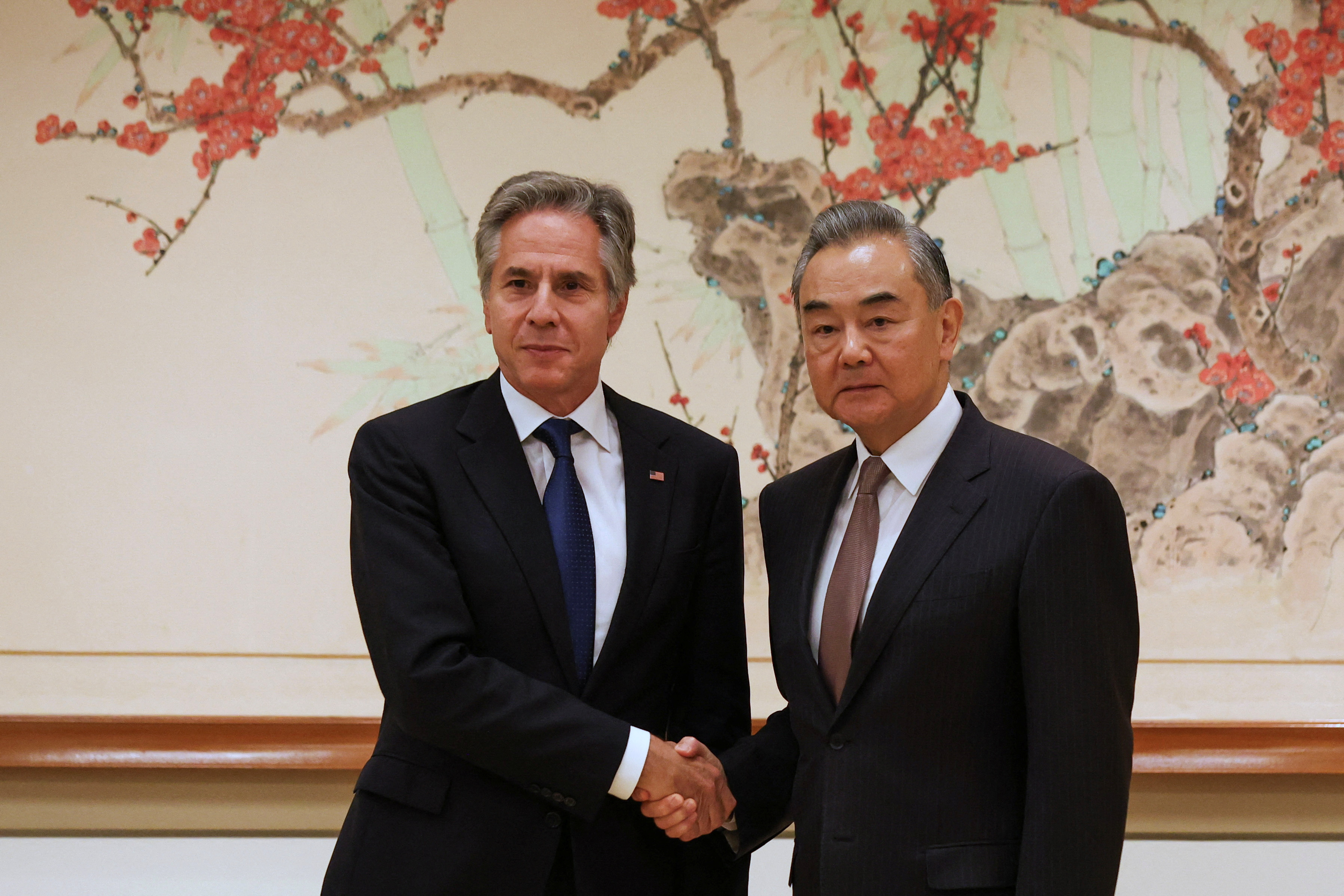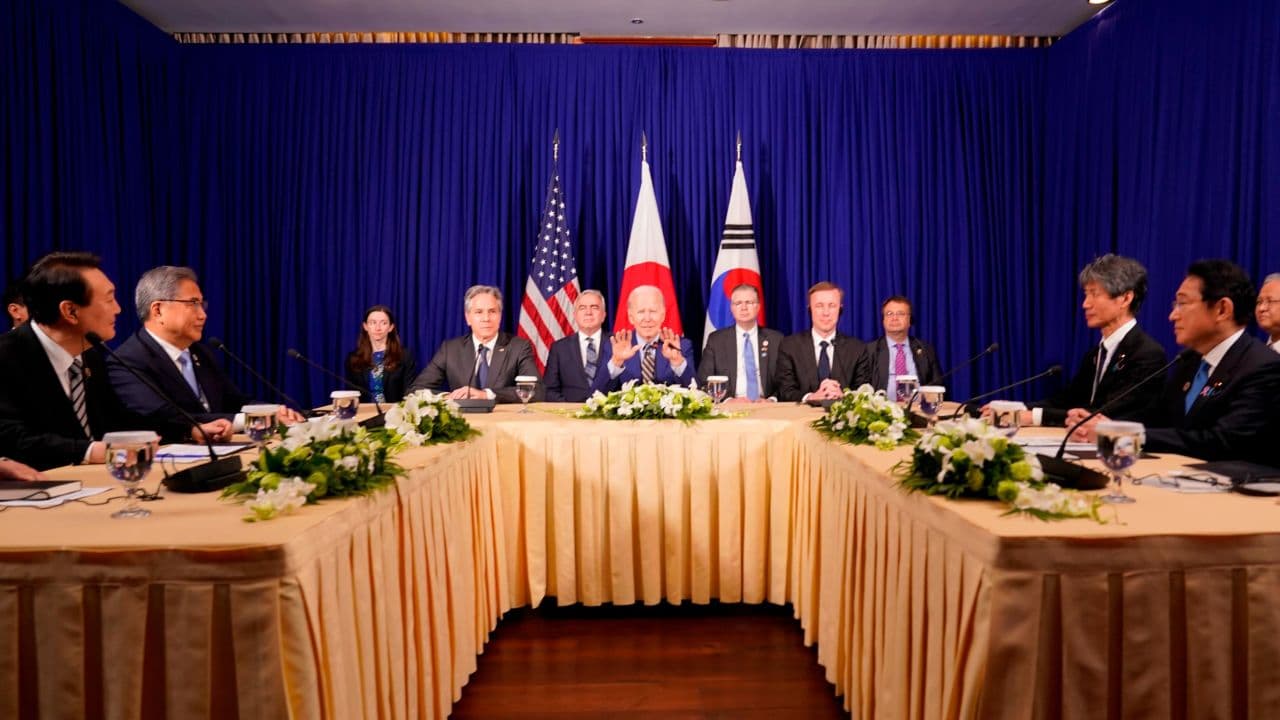As the 50th anniversary of the fall of Saigon approaches, the shadow of the Vietnam War looms large over the current geopolitical landscape in Asia. The Vietnam War, a monumental failure for U.S. foreign policy, inadvertently set the stage for the rise of a stable, non-communist Southeast Asia. Yet today, the very foundations of that stability are crumbling under the weight of a more assertive China and an increasingly unpredictable U.S. administration.
Vietnam War"s Legacy Shapes Asia"s Political Landscape
The Vietnam War was not just a conflict; it was a catalyst that reshaped Southeast Asia. Initially, the American military intervention in Vietnam was seen as a necessary measure to prevent the spread of communism. This belief was rooted in the domino theory, which held that if one country fell to communism, neighboring states would follow. As reported by researchers, the war delayed the spread of communism and led to the creation of ASEAN, a coalition of Southeast Asian nations aimed at promoting political stability and economic growth.
US Withdrawal Leaves a Vacuum
However, the conclusion of the Vietnam War in 1975 marked an abrupt shift. The swift fall of South Vietnam brought forth fears of a domino effect, with Laos and Cambodia collapsing soon after. Critics argue that the U.S. withdrawal created a power vacuum that allowed both China and Vietnam to dominate the region. This concern is echoed in the strategic analyses highlighting how the absence of American influence left Southeast Asian nations vulnerable.

After China meeting, Blinken says Beijing"s talk of Ukraine peace ...
Current US Strategy Lacks Clarity
Fast forward to today, and the U.S. finds itself in a precarious situation. The Trump administration’s erratic foreign policy has left allies questioning America"s commitment to regional security. The Nixon Doctrine of avoiding land wars in Asia has evolved into a maritime-focused strategy, but the growing strength of China complicates this approach. Allies are increasingly anxious about whether the U.S. can maintain its deterrent posture against a militarily resurgent China, which is tightening its grip on regional dynamics.
China"s Military Expansion and Regional Alliances
As China flexes its military muscle, the U.S. is pressuring its allies to increase defense spending. This is evident in the rise of quadrilateral and trilateral partnerships aimed at countering Chinese influence. However, the burden of defense increasingly falls on the shoulders of these nations, leading to skepticism about the reliability of U.S. support. As reported by regional analysts, the fear is that without a clear and consistent U.S. strategy, smaller nations will be forced to realign their allegiances, potentially towards China.

Embassy Visit
The Need for a New Doctrine
The current geopolitical climate necessitates a new framework akin to the Truman or Nixon Doctrine. A credible Trump Doctrine is essential, yet the internal contradictions within the administration raise doubts. How can allies trust an administration known for its unpredictability? The stakes are high; the future of the Asia-Pacific region hangs in the balance as nations like Vietnam navigate their relationships with both Washington and Beijing. The U.S. must reaffirm its commitments to its allies and establish a coherent policy that addresses the realities of a multipolar world.


![[Video] Heavy clashes and gunfire reported in Baghdad, Iraq](/_next/image?url=%2Fapi%2Fimage%2Fthumbnails%2Fthumbnail-1768342239932-848qsh-thumbnail.jpg&w=3840&q=75)




![[Video] Gunfire between Iraqi security forces and Sadr militias in Baghdad](/_next/image?url=%2Fapi%2Fimage%2Fthumbnails%2Fthumbnail-1768343508874-4redb-thumbnail.jpg&w=3840&q=75)
